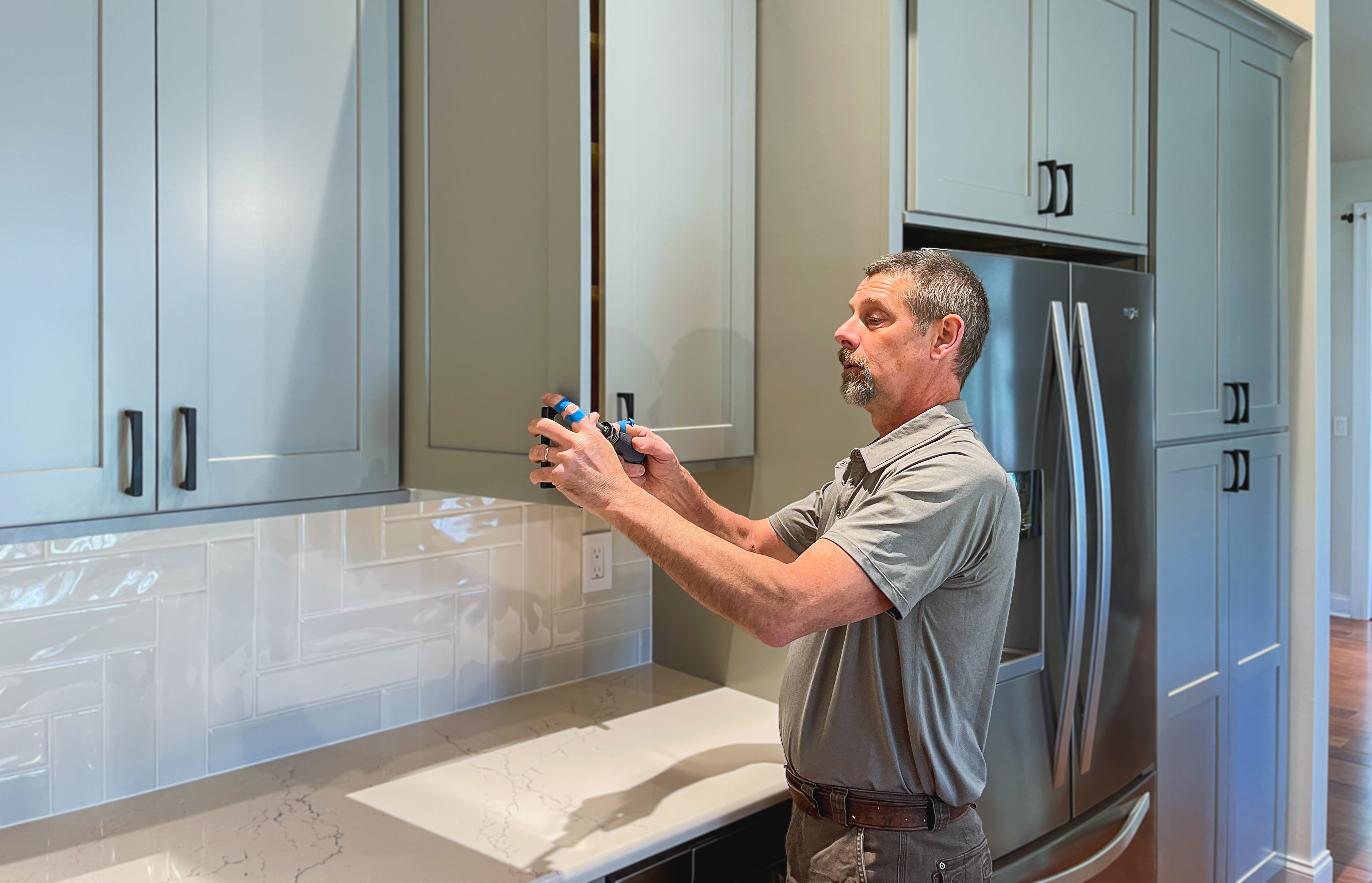When remodeling or renovating your home, the biggest decision you'll make is hiring the contractor. It's your home and your investment, so don't feel pressured to make a quick decision. In fact, if you feel pressured, that should tell you something about that contractor. Take your time and ask a lot of questions. To help you get started, here's a checklist of tips and questions you'll want to get answered.
1. Finding a Contractor
- Talk to friends who have had similar work completed. They can tell you about their experience and provide names and contact information of trusted contractors.
- Visit home shows to talk to contractors and look at their portfolios and examples of their work.
- Check websites of local contractors - do they have photos of their work, client testimonials, a warranty, etc.?
- Contact local home builder and remodeler associations for a list of members.
2. Planning the Project
- Have a plan... If you are planning a major renovation you may want to hire an architect or designer. If you don't have a plan in hand, consider hiring a design-build firm who will work with you through the entire process, from conception to completion.
- Prepare a written description of what you want done and be as specific as possible. Make a copy of your notes for the contractor.
3. Meeting with Contractors
- Select several contractors to discuss your project with and get to know them and their work. We suggest asking the following questions:
- How long have you been in business? The National Association of Home Builders (NAHB) advises consumers that it usually takes three to five years to establish a financially sound business. You want to be sure that the contractor will be around after the project is complete to service any warranties.
- Does the contractor have a permanent business location and a good reputation with local banks and suppliers?
- Are you and your sub-contractors licensed to do plumbing and electrical?
- Do you have a project portfolio?
- Do you use your own crew for the work or will you use subcontractors?
- Do you carry worker's compensation and liability insurance?
- Do you provide a written contract?
- Will you apply for permits (building, electrical, plumbing)?
- What kind of warranty do you offer and what does it cover?
- How and when do you clean up, particularly dust?
- Do you have a list of references?
- Ask to see examples of the contractor's work completed and in progress. Check the quality of workmanship and materials.
4. Getting Estimates or Proposals
- When you request an estimate be as specific as you can, and it's important to be upfront about your budget early on in the process.
- If you want to supply your own materials or save existing materials, provide the contractor with a list of items and materials you want to use. For example: cabinets, doors, flooring, fixtures, tiles, finishes, lighting, etc.
- Ask the contractor to submit the bid in person so that you can discuss the estimate with them. Review the estimate carefully and be sure that everything you ask for is included.
- Ask the contractor for a construction schedule.
5. Get it in Writing
- For your protection and peace of mind, always get it in writing. The contractor should provide a clearly written contract - review it carefully.
6. Choosing a Contractor
- Before making your final decision, make sure you get along with the contractor. The contractor should be knowledgeable, communicative, and consultative.
- Call the contractor's references and ask about their satisfaction with the contractor and their work.
- Call the local Better Business Bureau to check for complaints that may have been filed against the contractor.
- Look for a fair price. Don't automatically accept the lowest estimate. It may be unrealistic or the contractor may be seeking an advantage over competitors which may later result in unexpected costs. NAHB advises consumers to be cautious of unusually low priced bids. If the builder is unable to pay for the materials and labor as the project proceeds, this may indicate a potential problem.
Finally, and most importantly, when you hire a contractor consider reputation, knowledge, reliability, and willingness to stand behind the work. Choose the contractor you feel will give you the best overall value for your investment.
Contact us today to start discussing your upcoming projects. Our team will work with you every step of the way!

